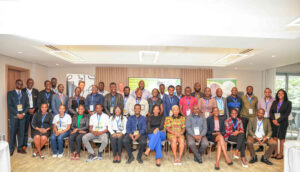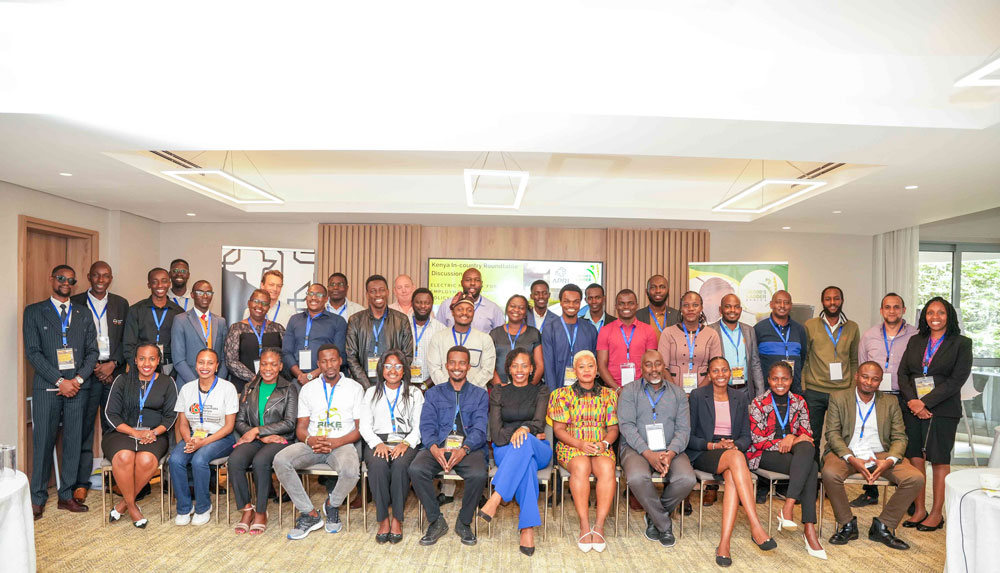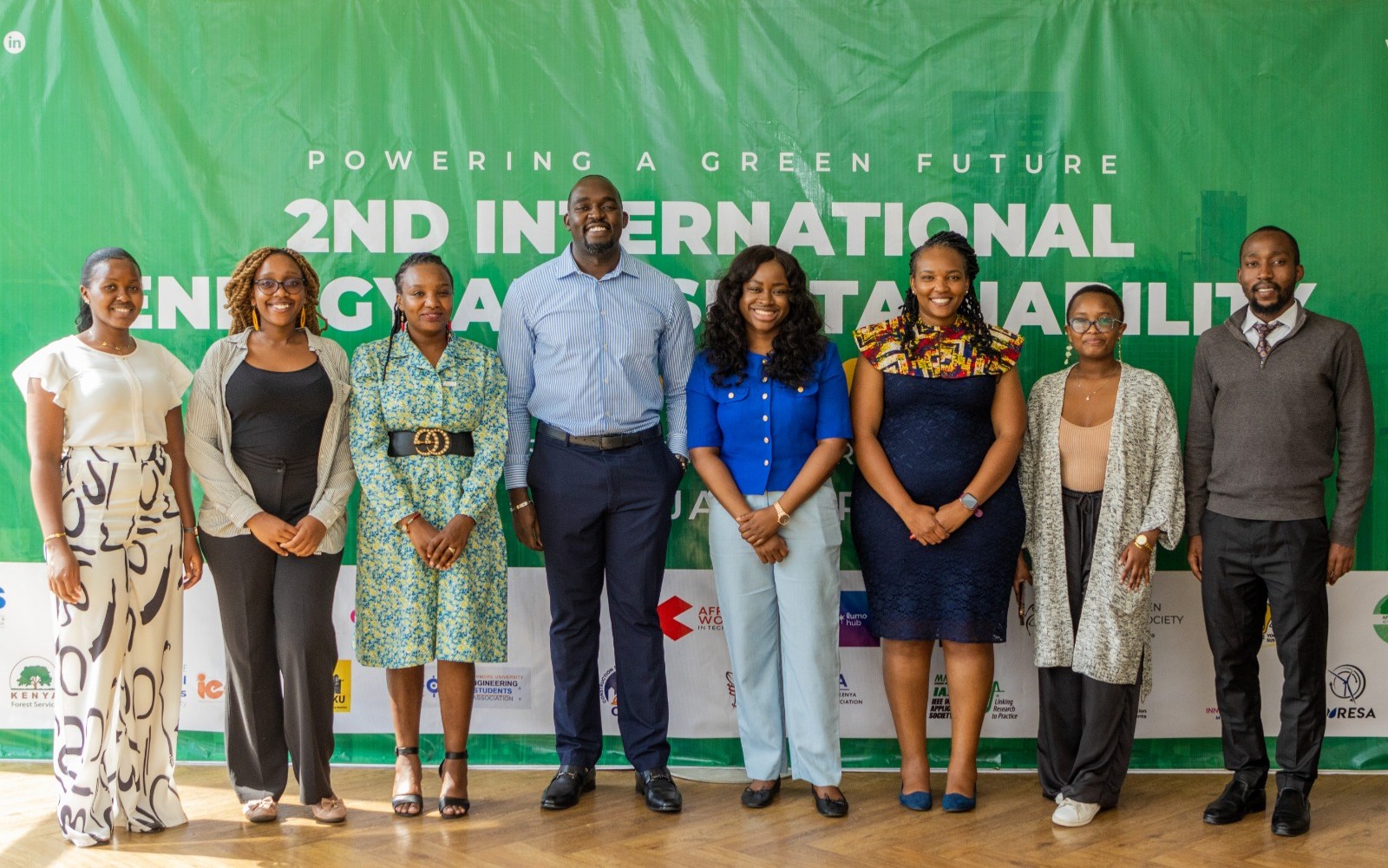Jacob’s Ladder Africa (JLA), the Africa Policy Research Institute (APRI), and the Mastercard Foundation convened a round table on electric mobility as an opportunity for youth employment at the Dusit Princess Hotel in Nairobi on August 14th, 2024.
Sellah Bogonko, Co-Founder and CEO of Jacob’s Ladder Africa (JLA) attended and chaired the event. Also in attendance were: Serwah Prempeh from the Africa Policy Research Institute (APRI); Dr. Victor Fagorite from Clean Technology Hub (CTH); Pius Musyimi from Deutsche Gesellschaft für Internationale Zusammenarbeit (GIZ); Hesbon Mose from the E-Mobility Association of Kenya (EMAK); and representatives from leading e-mobility companies in Kenya, including eBee Africa, EvoCharge Africa, Go Electric Limited, BasiGo, Drivelectric EA, Ampersand, and the WEEE Center, among others.
A key highlight of the event was the unveiling of APRI’s initial findings on the policy and regulatory frameworks for e-mobility and youth employment in Kenya to address and resolve existing gaps. The study examined the current national strategies, policies, and regulations governing the e-mobility sector and explored the necessary steps to enhance youth participation, particularly among women. It also investigated the role of tech start-ups in scaling green technologies and creating job opportunities for young people.
In her remarks, Sellah Bogonko highlighted the importance of adaptability in the face of rapid technological advancements. She emphasized the need for the government to stay ahead of the curve and ensure that regulations are aligned with the latest innovations. “There is a need for both the private sector and government to work together to drive innovation and ensure that regulations keep pace with emerging technologies,” she said.
With Kenya facing a significant youth unemployment challenge, the e-mobility sector presents a promising opportunity for addressing this issue while mitigating climate change. Despite its current size, the sector is rapidly expanding. It has the potential to create meaningful jobs for young people who must adapt to green jobs and green entrepreneurship to navigate today’s volatile, uncertain, complex, and ambiguous (VUCA) world and contribute to a more resilient future. However, realizing this potential requires supportive government policies and regulations.
Sellah stressed the need for greater collaboration and action from all stakeholders for the creation of a much-needed enabling environment that fosters rapid progress and unlocks opportunity at scale. “By sharing our insights and experiences today, we can significantly influence government policies and support the continued growth of this important and pioneering industry,” she further stated.
The discussions focused on three key areas:
- Policy: Evaluating whether Kenya’s e-mobility policies are aligned with the innovative needs and priorities of young people.
- Skills and Innovation: Assessing the existing skills gap and exploring how it impacts employability within the e-mobility sector
- Access to Finance: Examining the challenges of accessing finance by startups and its implications for opportunities in the e-mobility sector.
The e-mobility sector has demonstrated remarkable growth globally, driving economic development and contributing to sustainable transportation solutions, such as electric bikes, and e-scooters. The adoption of electric mobility has surged in recent years, fueled by advancements in technology, government incentives, and increasing consumer awareness of environmental benefits. This growth has created new industries, jobs, and economic opportunities, particularly in manufacturing, infrastructure development, and technology.
The success of e-mobility in other regions highlights its potential to drive economic growth and address transportation challenges in Africa, where the sector is still in its early stages. Jacob’s Ladder Africa is committed to advocating for its development and establishment in the achievement of its vision of activating 30 million green jobs in Africa by 2033.







